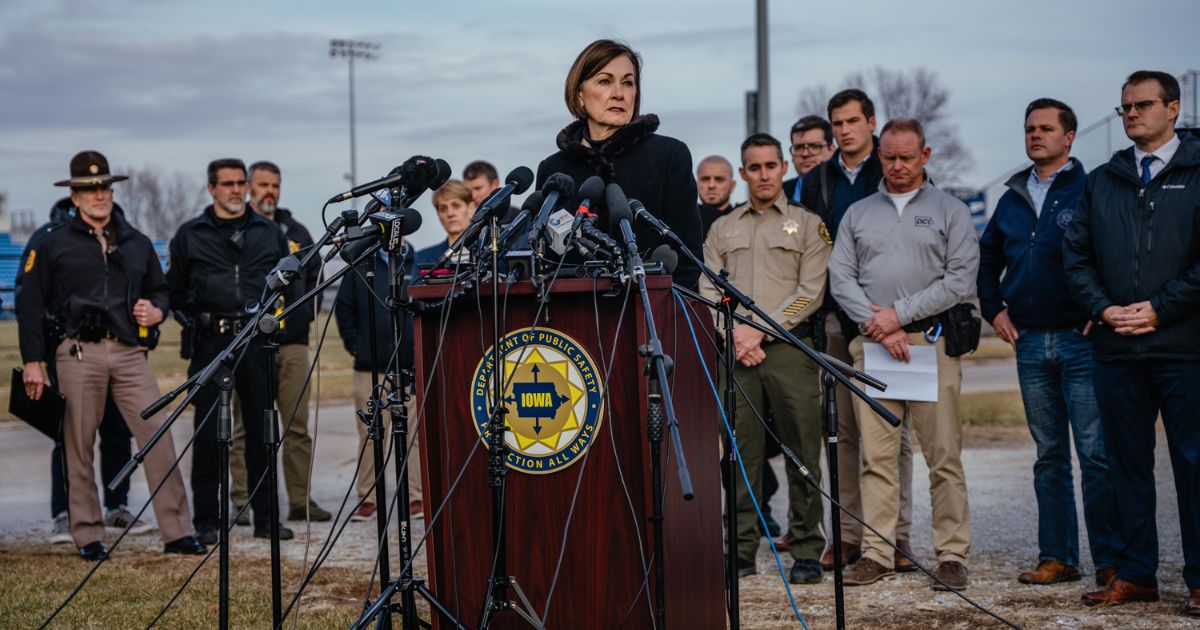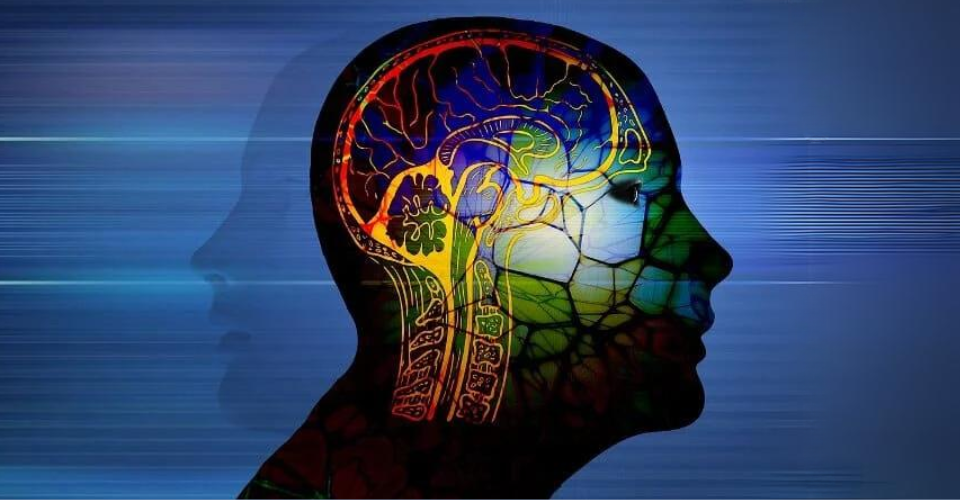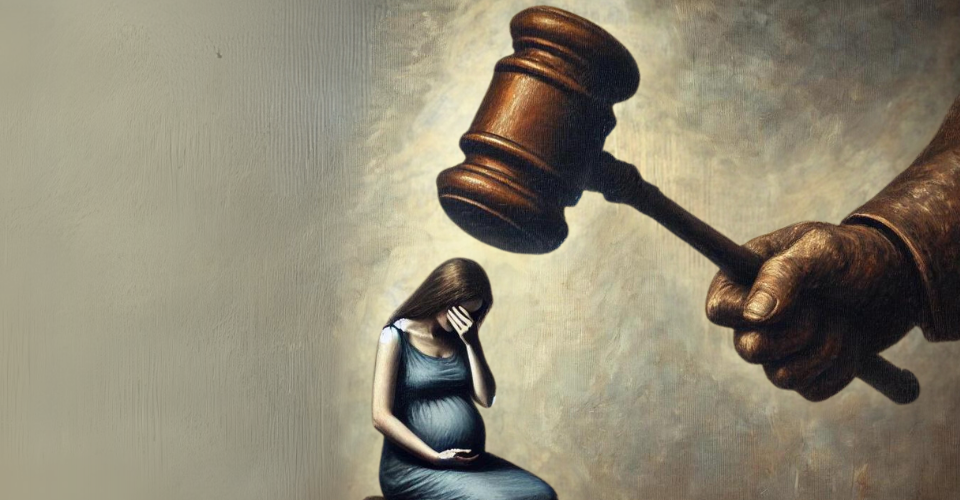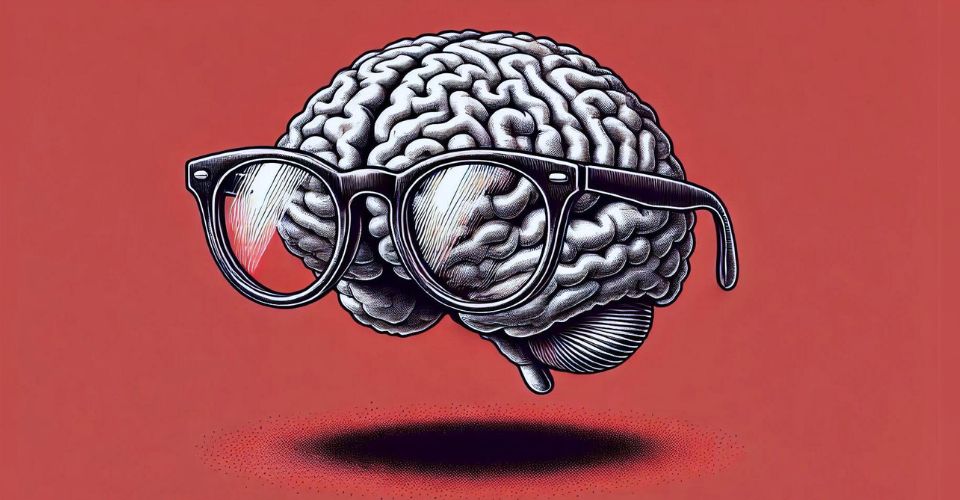Nikki Haley’s Metaphorical Misstep as Calls for Mental Health Reform
Following a recent shooting incident at Perry High School in Iowa where a student was killed and others injured, discussions concerning gun violence have resurfaced again in the United States with renewed calls for mental health reform.
In light of this tragedy, former UN Ambassador and Republican presidential candidate Nikki Haley lamented this situation and stressed on urgent need to address such cases describing mental health reforms as “cancer”.
However, her choice of words sparked backlash and criticism, particularly from fellow conservative and Republican presidential candidate Vivek Ramaswamy.
A lack of articulation was implied by Ramaswamy who ironically commented that “I think she might’ve actually written this one herself,” referring to her metaphor.
There was anger among some people about Haley saying “we have to deal with the cancer that is mental health” because she used an inappropriate metaphor.
The critics said that she doesn’t know what she is doing regarding metaphors pointing out how sensitive it is when talking about mental illness especially after a tragic occurrence.
Haley gave her condolences to the families of the victims as well as those in Iowa who were affected by the shooting at Perry High School.
She condemned the violence putting emphasis on the fact that none of these individuals should wake up to news about school shootings, feeling sorry for them.
Call for Reforms in Mental Health and Strengthening School Security
On mental health reform, Haley argued for more resources and support towards giving therapy to mental health patients.
She argued that one-third of all people face some form of mental sickness, so they need serious attention in order to live like other humans do.
Haley mentioned an alarming statistic where 80 percent of mass shooters had experienced some form of crisis before their violent acts.
Having more therapists in place would be better equipped in handling such crises effectively according to her argument.
In addition, schools must be made safe like airports and courthouses such that one cannot enter with any bulletish or non-bulletish dangerous items, as suggested by Haley.
Political Battles and Defense Mechanisms
Vivek Ramaswamy, a fellow Republican presidential candidate, however, criticised the metaphor while disagreeing with her perspective on comparing mental health matters to cancer.
The exchange highlights the continuing ideological differences within the Republican Party over issues like mental health that are of major importance.
Ramaswamy’s critique of Haley’s metaphor only intensified public scrutiny and debate about her statement.
This occurrence shows how important language and metaphors can be in public discourse particularly when it comes to politicians and what they say in sensitive context.
Confronting the Tragedy and Its Consequences
The tragic shooting incident at Perry High School where a 17-year-old student named Dylan Butler committed this violence before dying from a self-inflicted gunshot wound.
It has again exposed urgent needs for comprehensive strategies addressing gun violence as well as supporting mental health initiatives in American communities.
The input of political figures such as Nikki Haley and Vivek Ramaswamy in the recent past has been very weighty.
It gives an insight into the ongoing debate on how to manage mental health concerns and prevent more tragedies like the Perry High School shooting.
The suggested responses and potential solutions show the complexity of dealing with mental health issues within the larger context of gun violence and political discussions.
It, therefore, remains crucial for mental health, gun violence, and discourse within the political circle to converge.
Consequently, this occasion has led to heightened conversations that call for well-thought-out policy reforms.
At the same time, there is a growing demand for empathetic and understanding leaders who can adeptly steer through these intricate and delicate matters.
Community-wide response to these multifaceted issues demands not only caution but also a consideration of how complicated they are.




























